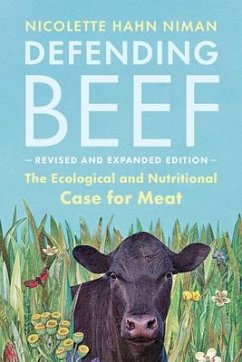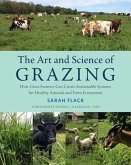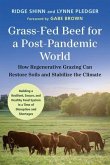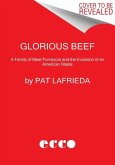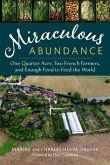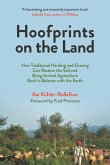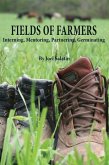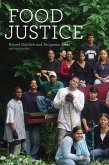"For decades it has been nearly universal dogma among environmentalists that many forms of livestock-goats, sheep, and others, but especially cattle-are Public Enemy Number One. They erode soils, pollute air and water, damage riparian areas, and decimate wildlife populations. The Food and Agriculture Organization of the United Nations bolstered the credibility of this notion with its 2007 report that declared livestock to be the single largest contributor to human-generated greenhouse-gas emissions. But is the matter really so clear-cut? Hardly. In Defending Beef, Second Edition, environmental lawyer turned rancher Nicolette Hahn Niman argues that cattle are not inherently bad for the earth. The impact of grazing can be either negative or positive, depending on how livestock are managed. In fact, with proper oversight, livestock can play an essential role in maintaining grassland ecosystems by performing the same functions as the natural herbivores that once roamed and grazed there. The ideas and information covered in the first edition of Defending Beef are even more timely than when the book was originally published in 2014. In public discussions and media, more attention than ever is being paid to connections between health and diet, food and climate, and climate and farming-especially cattle farming. A wealth of new resources, studies, and analyses-along with a great deal of mainstream media coverage-is now devoted to these important topics. But it's not all good news, because the vast majority of such media coverage is devoid of essential details, holistic thinking, or even the slightest hint of nuance. It is reductionist and simplistic, with facile descriptions of problems and overly simplified solutions. As H. L. Mencken said so well, "For every complex problem there is an answer that is clear, simple, and wrong." For instance, Niman exposes the widespread fallacy that changing your diet and eating far less meat is in fact the best thing an individual can do to combat climate change. After thirty-plus years as a vegetarian, she has recently become an omnivore for nutritional and health reasons. In this newly revised and updated edition, the author addresses the explosion in popularity of "fake meat" (both highly processed "plant-based foods" and meat grown from cells in a lab, rather than on the hoof). Defending Beef, Second Edition is simultaneously a book about big issues and ideas and the personal tale of the author, who continues to fight for animal welfare and good science. She shows how dispersed, grass-based, smaller-scale farms can and should become the basis of American food production"--
Hinweis: Dieser Artikel kann nur an eine deutsche Lieferadresse ausgeliefert werden.
Hinweis: Dieser Artikel kann nur an eine deutsche Lieferadresse ausgeliefert werden.

